As the 43-day government shutdown finally comes to a close, the nation breathes a collective sigh of relief. For many Americans, the prolonged closure of federal agencies and services has been a source of frustration and hardship. From furloughed federal workers struggling to make ends meet to families relying on government assistance programs, the impact of the shutdown has been far-reaching.
The shutdown, which began on October 1, was the longest in US history, with both sides of the aisle unable to reach a compromise on a new spending bill. President Donald Trump, a Republican, had demanded funding for a border wall, a key campaign promise, while Democrats, led by Speaker Nancy Pelosi, refused to budge, citing concerns over the wall's effectiveness and the need for a comprehensive immigration reform.
As the shutdown dragged on, the effects became more pronounced. Federal workers, including those in critical roles such as air traffic controllers and border patrol agents, were forced to take unpaid leave, while many others were furloughed without pay. The shutdown also disrupted government services, including national parks, museums, and passport processing.
The shutdown's impact on the economy was also significant. According to a report by the Congressional Budget Office, the shutdown resulted in a loss of $11 billion in economic output and 400,000 lost workdays. Small businesses and contractors, who rely on government contracts, also suffered as a result of the shutdown.
As the House prepares to pass a bill reopening the government, many are left wondering what changed during the 43-day standoff. While the shutdown's end may bring relief to some, others are concerned that the deal may only be a temporary fix.
"It's a Band-Aid solution," said Representative Alexandria Ocasio-Cortez, a Democrat from New York. "We're not addressing the underlying issues that led to the shutdown in the first place. We need to have a real conversation about the border wall and immigration reform."
Others, however, see the shutdown as a necessary evil, a means to an end in the fight for a more comprehensive immigration reform.
"The shutdown was a necessary step in the process," said Representative Mark Meadows, a Republican from North Carolina. "It brought attention to the issue and forced a conversation about the border wall and immigration reform. We're not going to get everything we want, but we're making progress."
As the government prepares to reopen, many are left to wonder what the future holds. Will the deal be a temporary fix, or will it lead to a more lasting solution? Only time will tell.
The bill, which is expected to pass the House later this evening, will provide funding for the government until January 30, at which point another shutdown could loom. While the deal may bring relief to some, others are concerned that it may only be a temporary fix.
As the nation breathes a collective sigh of relief, one thing is clear: the government shutdown has left a lasting impact on the nation. The question now is what comes next.
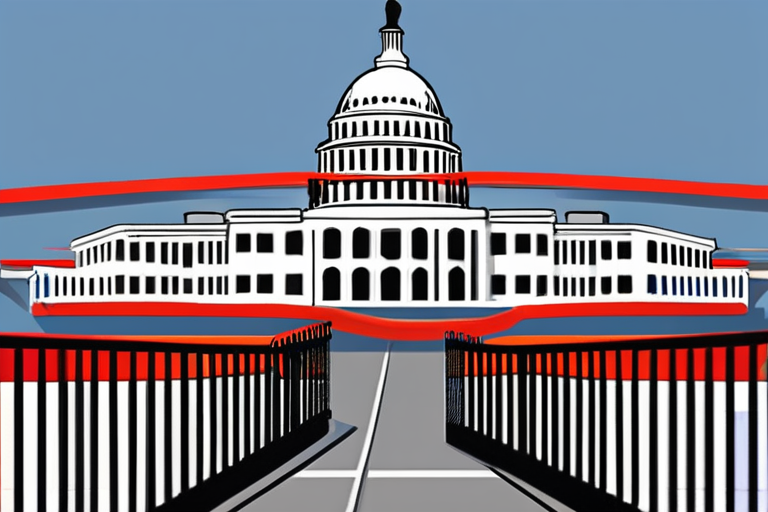


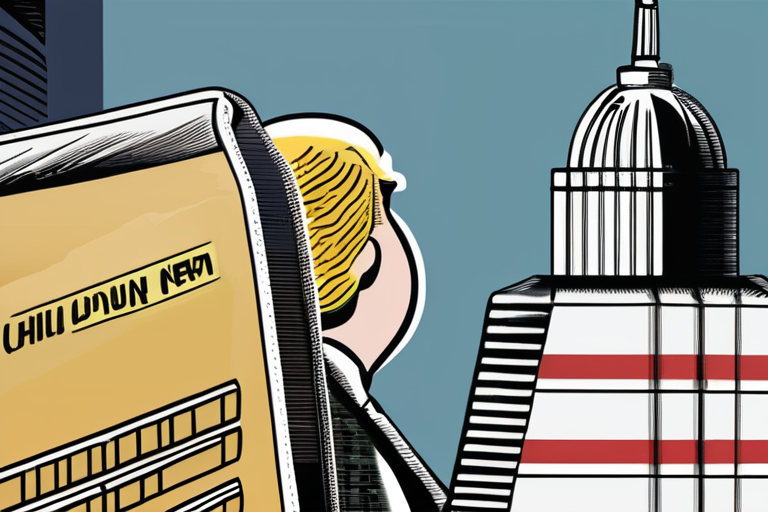
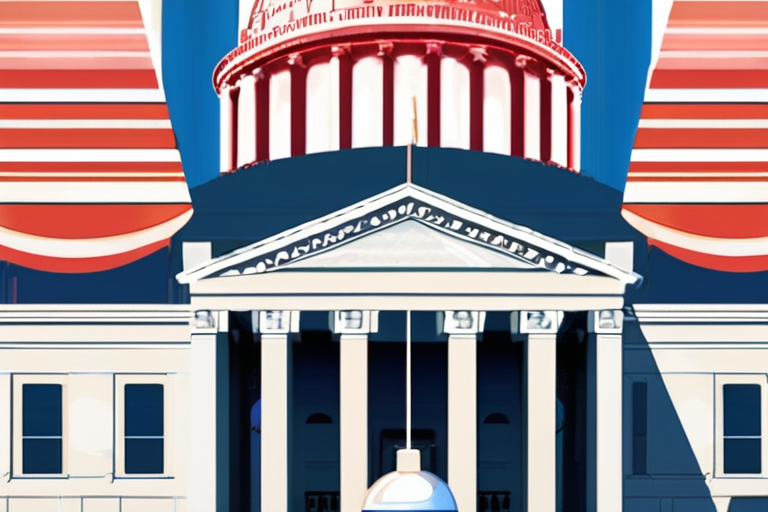
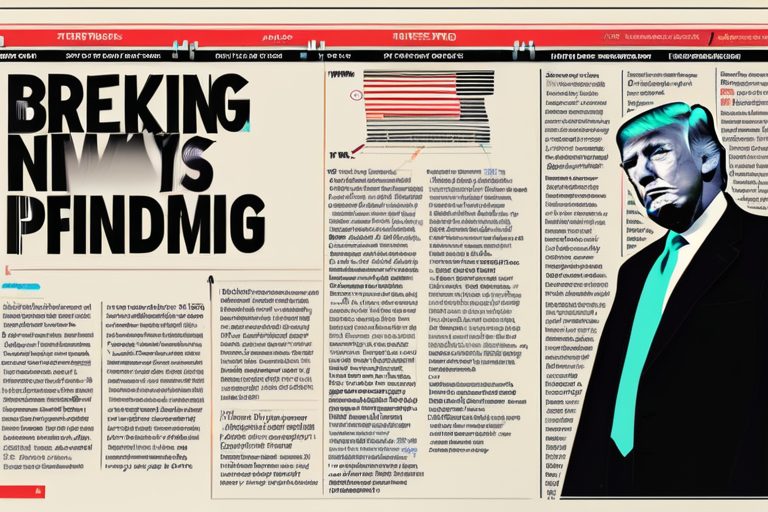
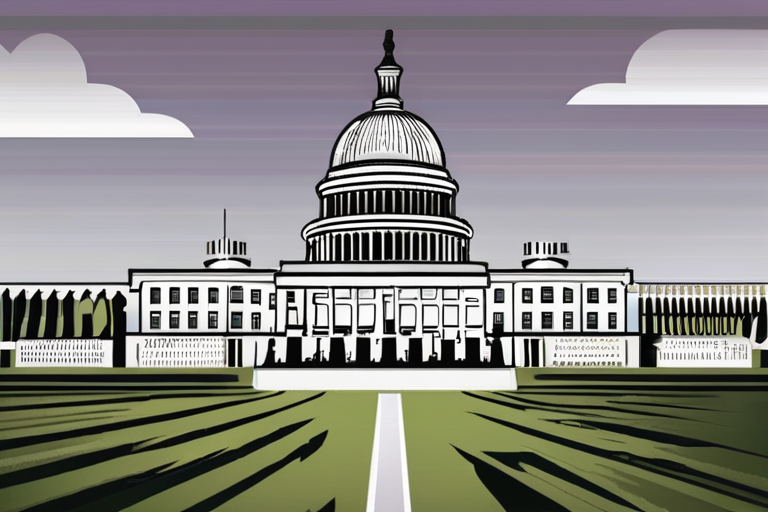
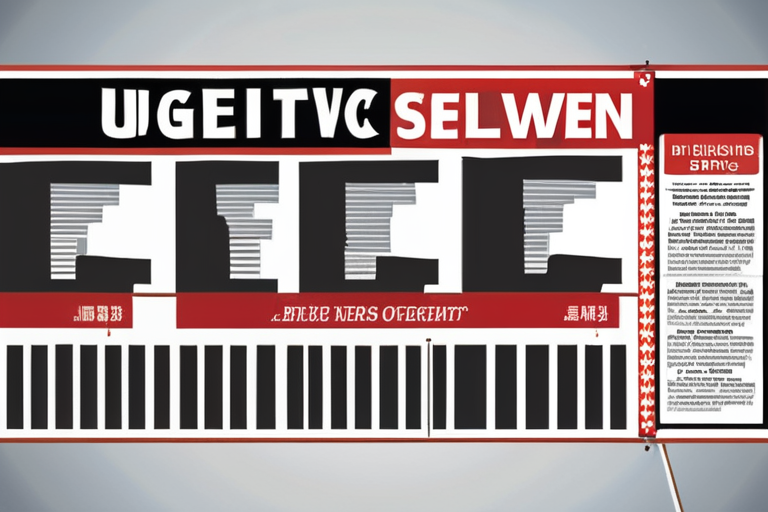
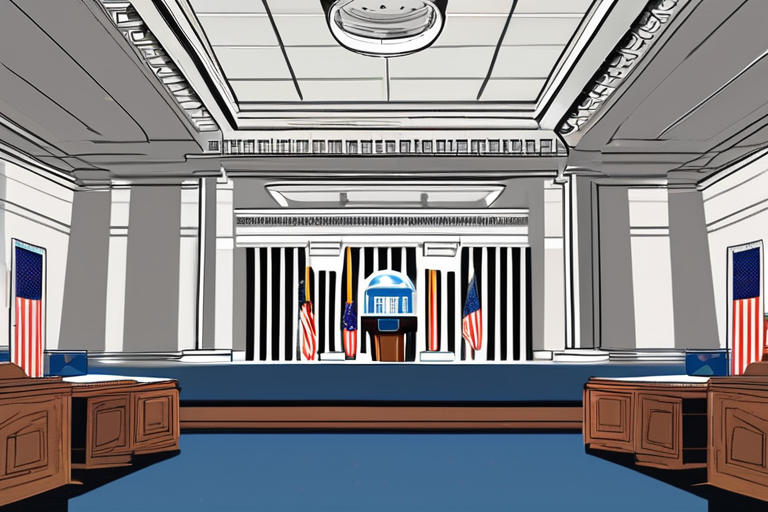
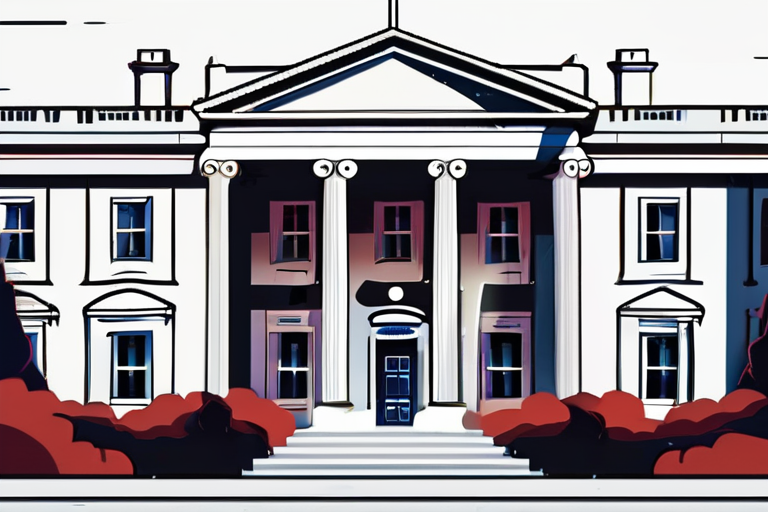
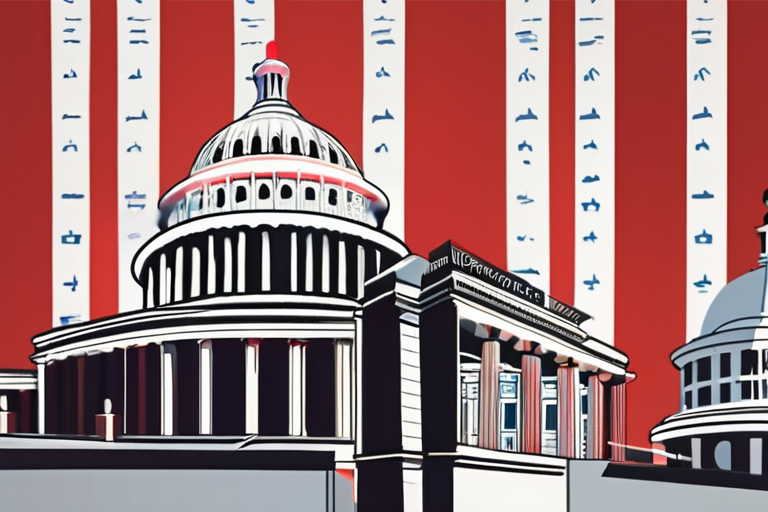

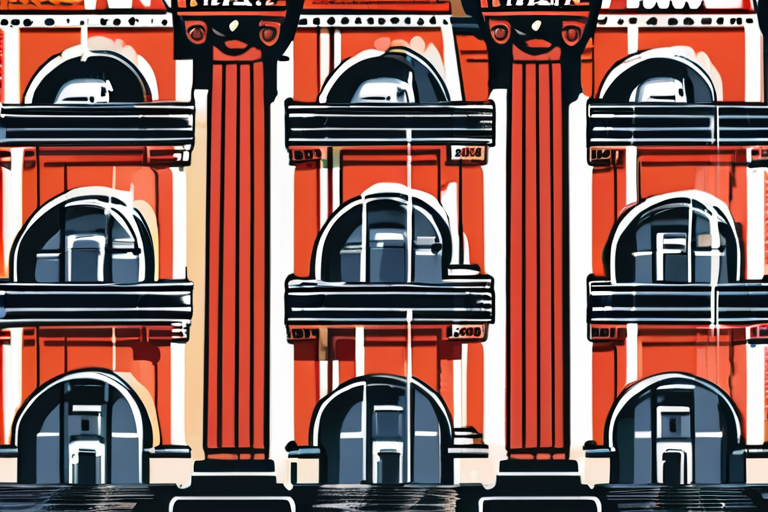
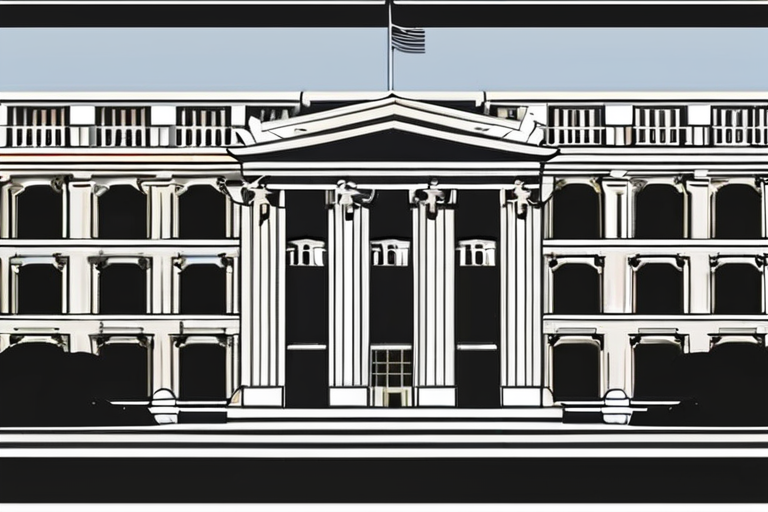


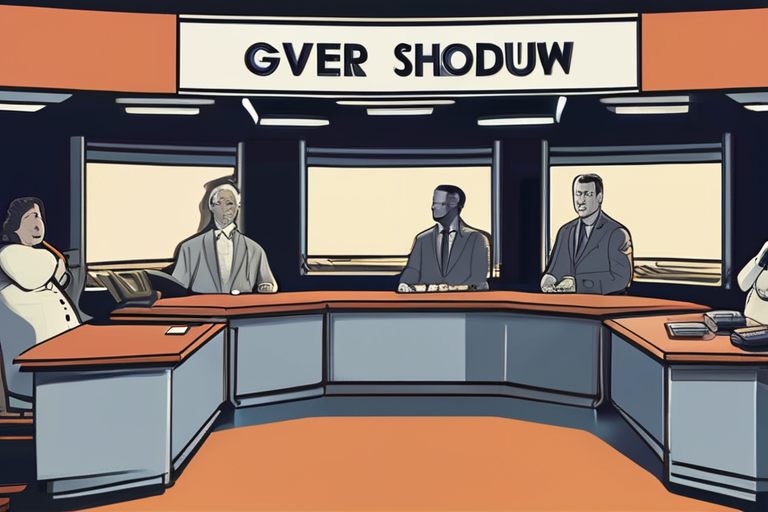
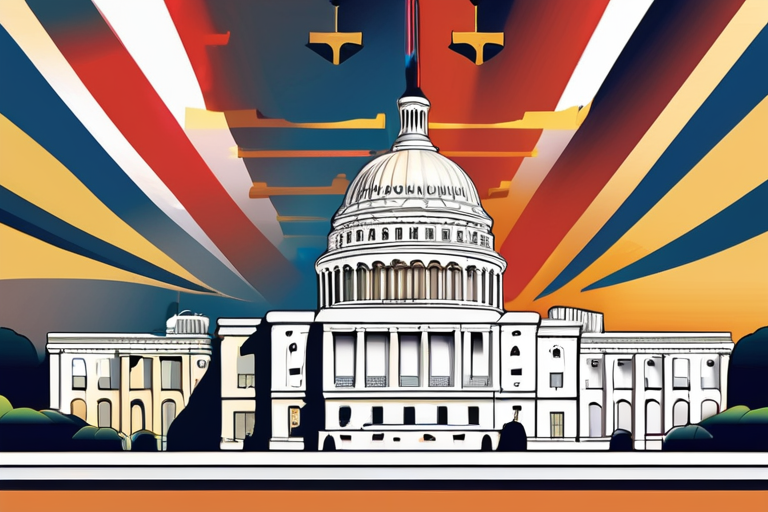
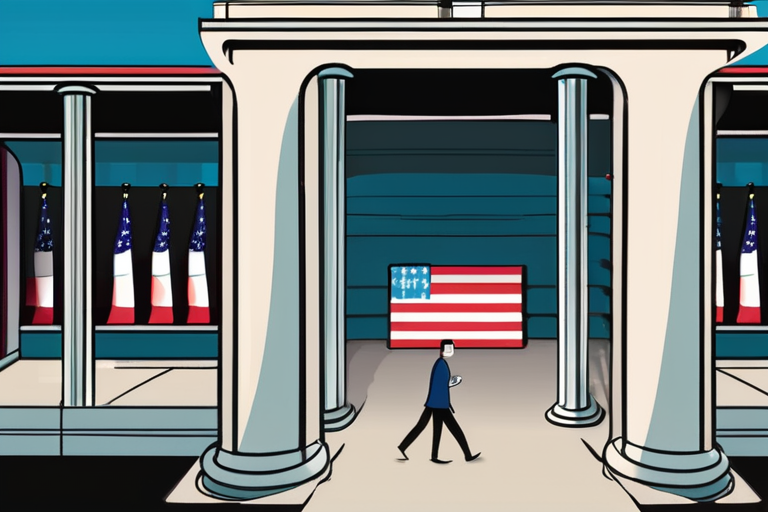
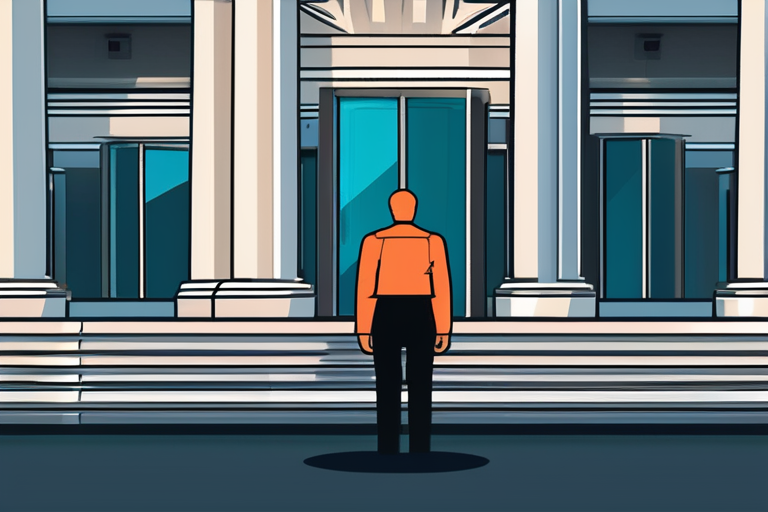


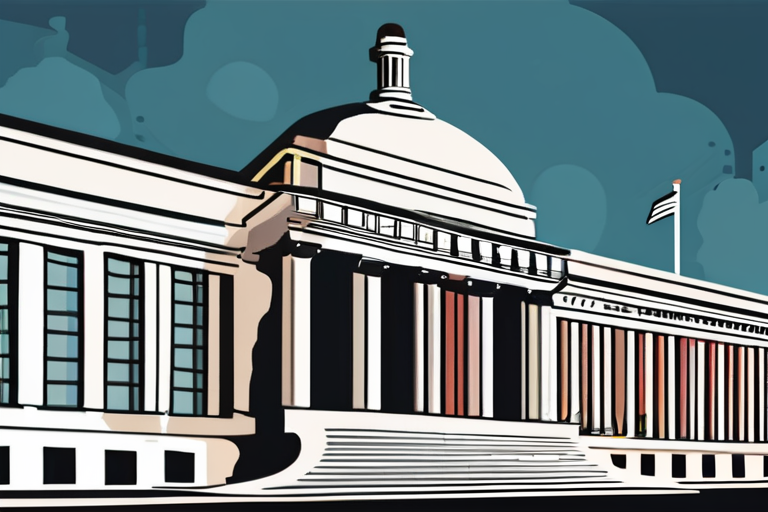

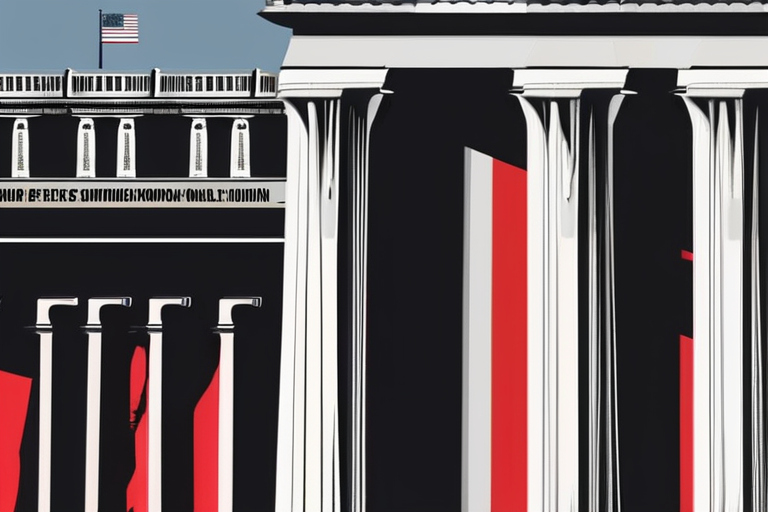

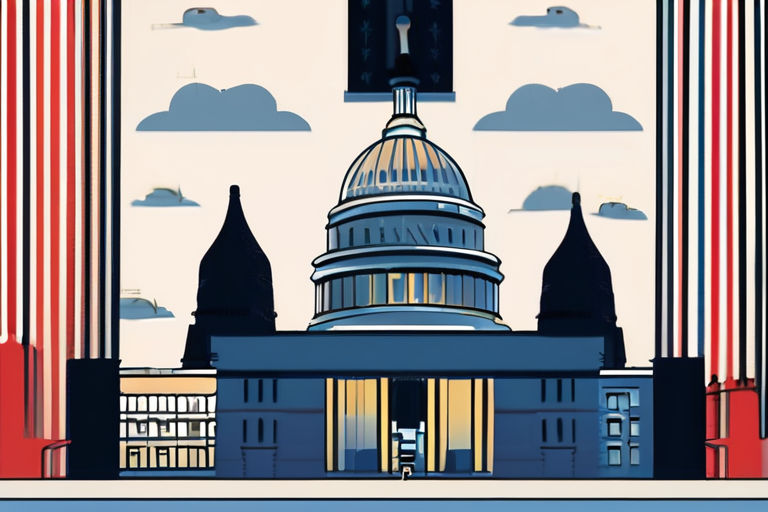
Share & Engage Share
Share this article